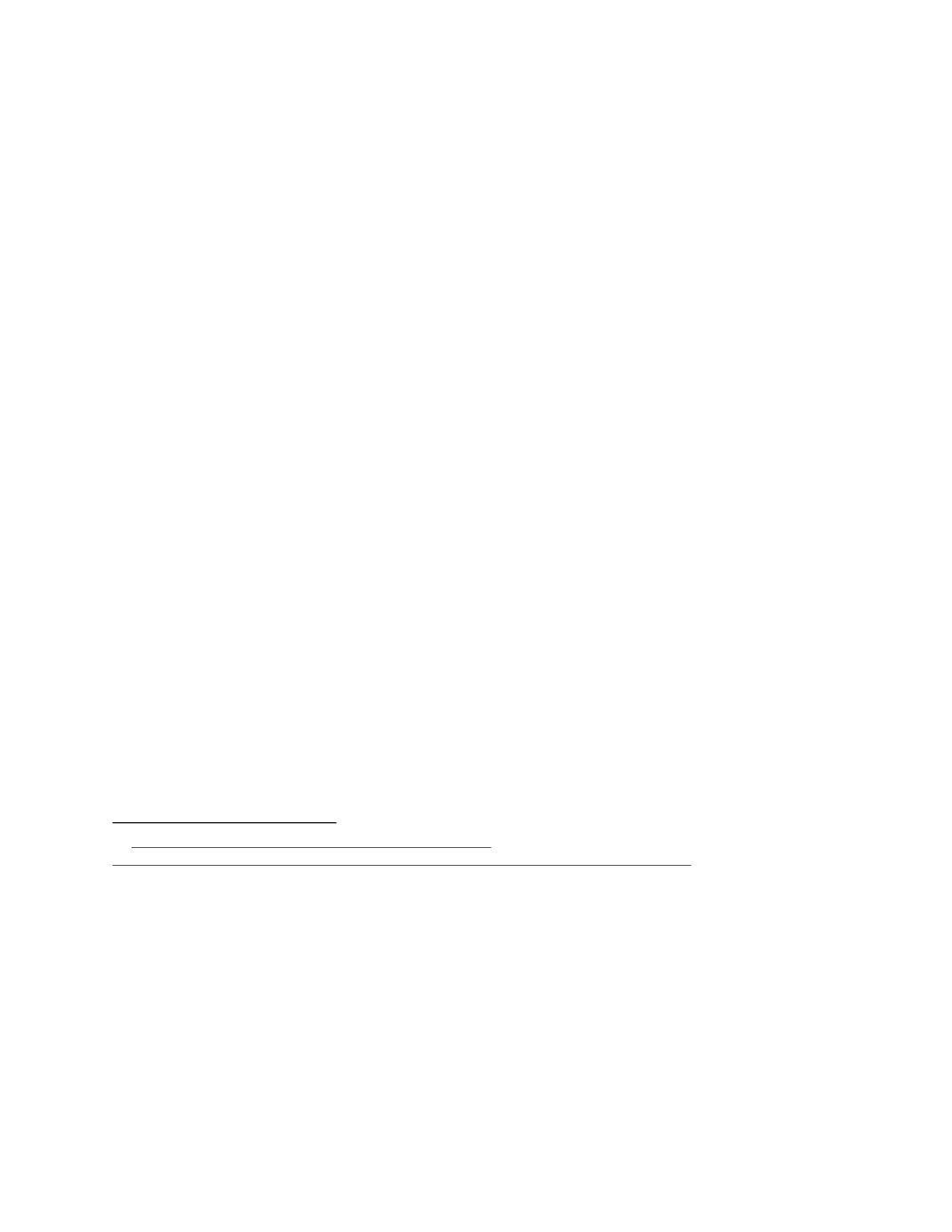
132
Legal Context and Background
The legal framework for media remains murky, and understanding of it appears low. The
current landscape is guided by a constitutional protection of freedom of speech under Article
32, as well as a 2004 law that members of the Somaliland media community and other
observers have deemed insufficient and problematic, including its broad nature that covers all
forms of media, its failure to provide for an independent regulatory body and its inclusion of
defamation as a criminal act.
179
Efforts towards reform include a 2007 draft press and
publications bill that also fell short of international standards. In 2011, various stakeholders
180
reportedly joined to draft two new laws, a law on media and access to information and a
broadcasting law, but at last note both remain with the parliament's Committee on Social Affairs
and Religion. Broadcasting continues to be tightly controlled by the government; despite
indications during the elections that the new ruling party would begin granting radio licenses (a
clear priority set in the
National Development Plan
),
181
none have been allocated. While
journalists are ostensibly free to write what they wish, forms of censorship and other pressures
do take place, apparently in response to poor professionalism, through closures, harassment and
arrests.
182
Up to 60 journalists were held in 2012.
183
Libel falls under the penal code, and
criminal, rather than civil, law is used to detain, though not necessarily charge or sentence,
journalists.
Actors
The media sphere is characterized by a marked imbalance between a limited number of
broadcasting outlets and a proliferation of print and web outlets. According to IRI research
conducted in 2012, television serves as the main source for news and information about political
leaders (44 percent), followed closely by radio (42 percent). Newspapers only account for three
percent of the main source of political information, even less than word of mouth at five
percent, and online sources serve a paltry one percent. Some of these figures shift according to
geography. For example, 55 percent of urban respondents rely on television for news on
politics, compared to 28 percent of rural respondents, while only 32 percent of urban
respondents rely on radio, compared to 56 percent of rural respondents.
184
There is only one public (government) radio station, Radio Hargeisa, and no private stations.
Radio Hargeisa’s programming is limited to six hours a day, two in the morning, and four in the
179
180
Including Somaliland parliamentarians, journalists associations and government officials in a process supported
by the international NGO, Free Press Unlimited.
181
The
National Development Plan
includes the government’s intention to “develop and implement a policy, legal,
and regulatory framework.” Some local media report that they have not seen or had input into the draft.
182
In 2010, satellite channel Universal TV was banned following accusations of false information and instigation
of conflict. In January 2012, Horn Cable TV was temporarily shut down, including the arrest of 22 of its staff.
183
Rhodes, Tom. "Mission Journal: Somaliland's Press Harassed, Disappointed." Web log post.
CPJ Blog: Press
Freedom News and Views
. Committee to Protect Journalists, 13 June 2012. Web.
<
.
184
Survey of Somaliland Public Opinion
. Rep. International Republican Institute, 11 Oct. 2012. Web.
16-24%2C%202012.pdf>.


